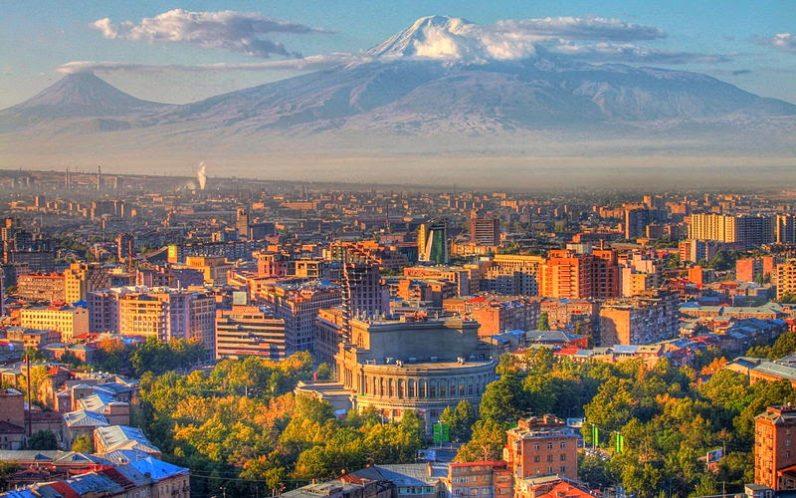FAQs

Question
Visa Requirements
Answer
Visa: Many nationalities can enter Armenia without a visa for up to 180 days. This includes US passport holders. Passport: Ensure your passport is valid for at least six months beyond the date of your planned departure from Armenia.
Question
Electronics
Answer
Make sure to take converters. Armenia uses European plugs. SIM Cards: If you need to stay connected, consider purchasing a local SIM card for mobile data and calls. If you have an extra phone, take it with you. You can connect a line for $10 and have phone/internet (Ucom, TeamTelecom or VivaCell). Armenia has good coverage in urban areas, but rural areas may have limited connectivity. Wi-Fi: Wi-Fi is generally available in most hotels, cafes, and restaurants in larger cities, but it’s always a good idea to ask ahead for the best access.
Question
Currency & Tipping
Answer
Currency: Armenia’s official currency is the dram (AMD). It’s best to exchange some money before you arrive, but ATMs are readily available in larger cities like Yerevan. Credit cards are widely accepted in urban areas, but cash is preferred in smaller towns and rural areas. Tipping: Tipping is customary, but not mandatory. In restaurants, tipping around 10% of the bill is appreciated. For taxi drivers or hotel staff, rounding up the fare or leaving small tips is typical.
Question
Language
Answer
Armenian is the main language spoken and the locals will appreciate you using phrases in Armenian. English and Russian are widely spoken. Locals are friendly so do not hesitate to ask for information. Hello – Բարև (Barev) Thank you – Mersi Please – Խնդրում եմ (Khndrum yem) Goodbye – Ցտեսություն (Tstesutyun)
Question
Safety
Answer
Armenia is very safe for travelers. Violent crime is very rare, but petty theft (pickpocketing) can occur in crowded areas, such as markets or transport hubs. Be mindful of your belongings, especially in tourist-heavy locations. Tourists might also be quoted higher prices than normal in taxis or Vernissaj (flea market), so don't be shy to negotiate at Vernissaj.
Question
Emergency Contacts
Answer
The emergency number in Armenia for police, fire, or medical services is 911.